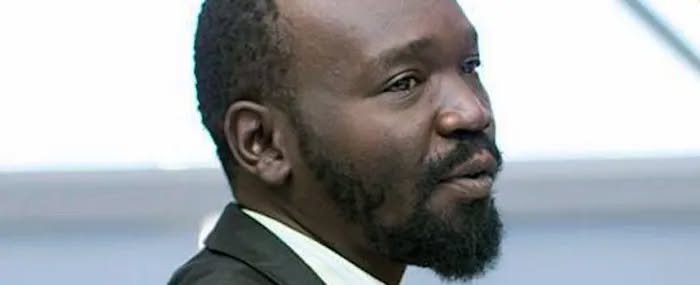By Matik Kueth
The Other Political Parties (OPP), a key signatory to the Revitalized Agreement on the Resolution of the Conflict in South Sudan (R-ARCSS), slammed the recent restructuring of the High-Level Standing Committee overseeing the peace deal’s implementation, citing a lack of genuine consultation with the signatory parties.
The group voiced its dismay over what it called a “flawed and unilateral” process, claiming that neither the OPP nor the SPLM-IO leadership was consulted, a breach that strikes at the heart of the agreement’s founding principles.
President Kiir, on June 4, 2025, reconstituted the High-Level Ad Hoc Committee on the Implementation of the R-ARCSS, appointing 31 members from various political parties and stakeholder groups, while notably sidelining key SPLM-IO loyalists of First Vice President Dr. Riek Machar, who remains under house detention.
In a statement extended to King Media on Thursday, Peter Mayen Majongdit, Head of the OPP and Leader of the People’s Liberal Party, argued that the reorganisation mechanism violates the spirit of the R-ARCSS, which stipulates inclusivity among parties.
“The restructuring process conspicuously lacked genuine consultation with the Principals Signatory to the R-ARCSS,” Majongdit said.
He added, “This fundamental oversight renders the body illegitimate and unconstitutional, directly violating the spirit and letter of the R-ARCSS, which emphasizes inclusivity and consensus among the agreement’s architects.”
The recent changes, made by President Kiir, were initially acknowledged by the OPP as a “positive step” aimed at expediting the peace process.
However, Richard Omwong Valent was appointed to the peace implementation Committee to represent the OPP, a move that Majongdit described as power manipulation and constitutional violations since Kiir had not consulted the OPP leadership.
“It is not within the purview of the Transitional Government of National Unity (TGNU) to legitimize or approve any breakaway faction to work as representatives of an agreement party,” he stated, warning that, “Any attempt to eliminate or sideline any of the five designated principals constitutes a clear and unacceptable violation of the R-ARCSS.”
Majongdit further accused elements within the SPLM-in-Government (SPLM-IG) of orchestrating political maneuvers to marginalize legitimate opposition voices under the guise of government restructuring.
According to him, such actions set “a dangerous precedent” and undermine the foundations of peace.
“These calculated moves, often engineered by allies of the SPLM-IG for direct government intervention are an old-fashioned, outdated form of politics that is unhealthy for our nascent society,” he stressed.
He called for the immediate restructuring and reconstitution of the High-Level Committee, warning that without such measures, the committees’ work “will lack the necessary broad-based support and credibility essential for effective implementation.”
The OPP chair also reassured the South Sudanese people of its dedication to peace, democracy, and cooperation.
“We wish to assure the public of our unwavering commitment to peace and stability in South Sudan in full accordance with the Revitalized Agreement,” he emphasized.
While the OPP reaffirmed its commitment to peace and democracy, recent developments suggest mounting internal tensions within the coalition.
On Wednesday, OPP Spokesperson Mayen Jeremiah Turic publicly distanced the coalition from a statement by Majongdit, in which he proposed a “Juba Initiative” for dialogue among R-ARCSS parties, on June 13, 2025, to salvage the teetering peace deal.
Turic accused Majongdit of falsely speaking on behalf of the entire coalition, sparking speculation over internal divisions within the OPP.
These tensions are further underscored by the appointment of Valent without Majongdit’s endorsement, raising the possibility that alternative factions within the OPP are challenging his leadership.
Majongdit had earlier claimed that all internal party disputes had been resolved. However, opposition to his leadership from within the alliance suggests that the OPP may still be grappling with unresolved leadership issues.
As the political friction continues, the OPP has urged President Kiir to uphold the terms of the peace agreement and isolate those undermining its implementation.
“We wish to assure the public of our unwavering commitment to peace and stability in South Sudan in full accordance with the Revitalized Agreement,” it affirmed.
The controversy surrounding the appointment process, particularly the inclusion of Stephen Phar Kuol’s loyalists and the exclusion of SPLM/A-IO members aligned with Machar, has heightened scrutiny over the committee’s legitimacy and the direction of South Sudan’s fragile peace process.



